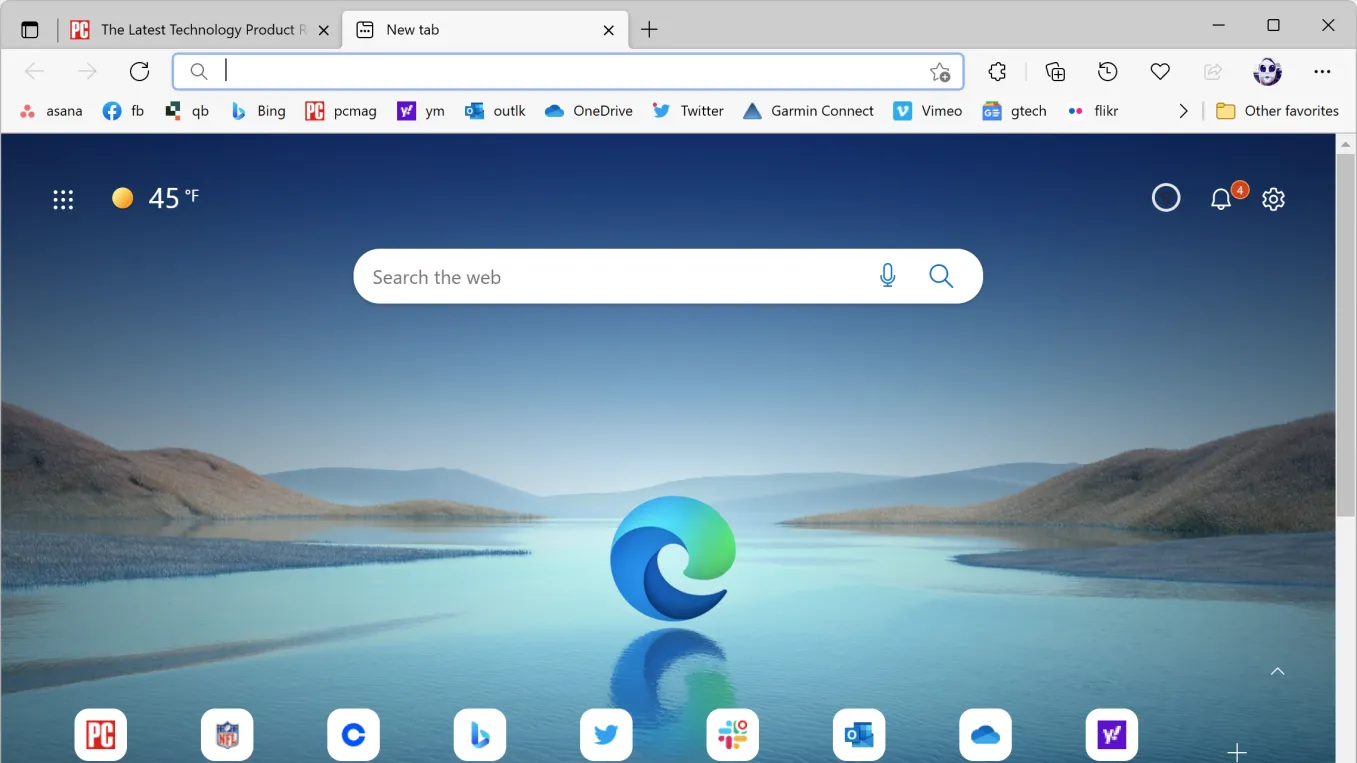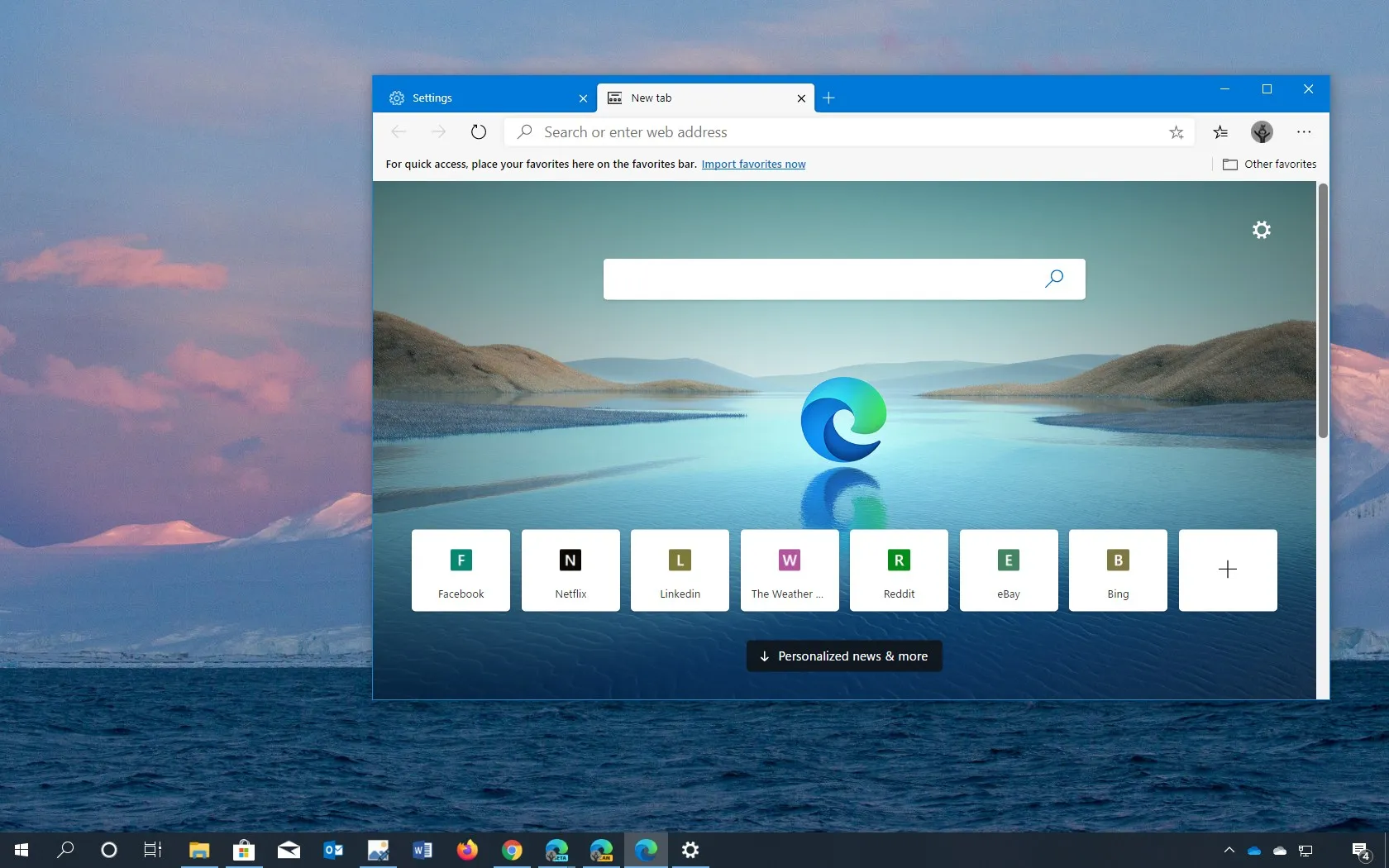In a digital landscape increasingly populated by sophisticated cyber threats, Microsoft has renewed its campaign urging Windows users to adopt its Edge browser as a safer alternative. Amid a backdrop of rising email and web-based attacks, particularly during the holiday season, Microsoft emphasizes Edge’s superior capabilities in blocking phishing and malware attacks. This push comes as part of a broader effort to promote security within its ecosystem, leveraging system messages that not only advocate for Edge but also encourage users to set it as their default browser.

The Rising Tide of Cyber Threats and Microsoft’s Response
The urgency of Microsoft’s message is echoed by a recent FBI warning, which alerts users to a spike in phishing emails and malicious websites, especially harmful during the holiday periods. These threats are now more deceptive than ever, aided by advanced AI tools that enhance their believability and increase the risk of users falling victim. In response, Microsoft’s Edge is positioned as a critical tool in the cybersecurity arsenal, designed to offer enhanced protection through features that actively block harmful online content.
Navigating the Browser Market: Edge vs. Chrome
Despite Microsoft’s aggressive promotion, Edge continues to trail behind Google’s Chrome in the browser market. While Edge has seen slight growth, Chrome remains the dominant choice on Windows desktops, with a user base four times larger than that of Edge. Microsoft’s campaigns, frequent and focused on privacy and security enhancements, strive to sway users but face the challenge of altering long-standing user preferences and habits.

Google, for its part, is not standing still. The tech giant is continually improving Chrome, including integrating AI-powered scam detection features similar to those Microsoft touts for Edge. This ongoing development keeps Chrome competitive, even as Microsoft angles for a larger share of the market.
Regulatory Challenges: A Potential Game Changer?
Beyond the direct competition between Edge and Chrome, external factors such as regulatory pressures on Google could significantly impact the browser landscape. The Department of Justice has hinted at possible actions to force Google to divest certain assets, a move that could reshape browser dynamics dramatically. Such regulatory interventions could provide an unexpected boost to competitors like Edge, altering market positions that have seemed stable for years.

As Microsoft continues to promote Edge, leveraging both its security features and integrated Windows ecosystem, the broader context of browser competition and cybersecurity threats remains dynamic and unpredictable. While immediate shifts in user behavior may be slow, the evolving regulatory and security landscapes are likely to influence browser usage patterns significantly.










